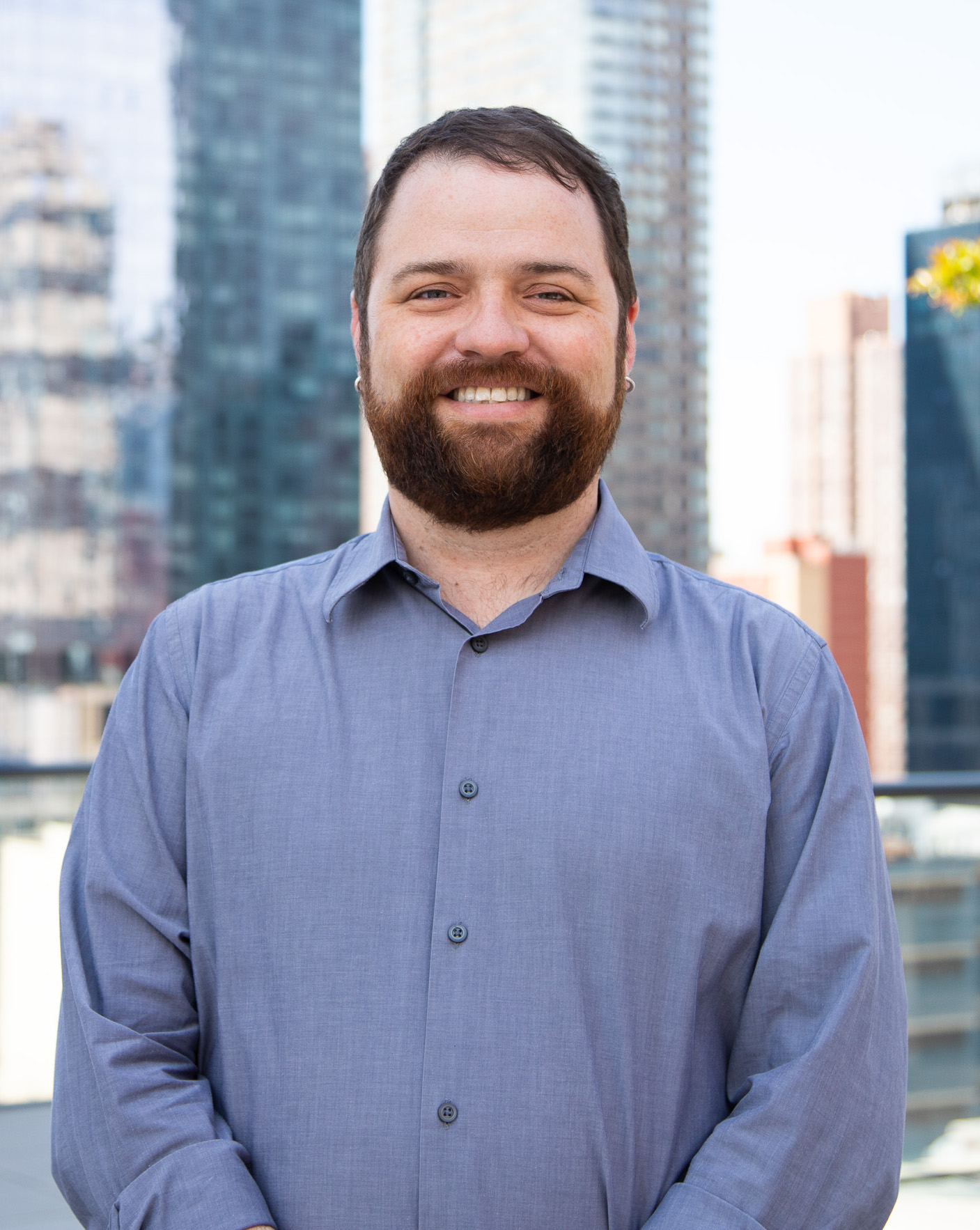
Jordan T. Camp
Jordan T. Camp is Co-Director of the Racial Capitalism Working Group, Center for the Study of Social Difference, Columbia University. He is the author of Incarcerating the Crisis: Freedom Struggles and the Rise of the Neoliberal State (University of California Press, 2016); co-editor (with Christina Heatherton) of Policing the Planet: Why the Policing Crisis Led to Black Lives Matter (Verso, 2016); co-editor (with Laura Pulido) of the late Clyde Woods’ book, Development Drowned and Reborn: The Blues and Bourbon Restorations in Post-Katrina New Orleans (Univ. of Georgia Press, 2017); and co-editor (with Christina Heatherton) of Freedom Now! Struggles for the Human Right to Housing in LA and Beyond (Freedom Now Books, 2012). His work appears in venues such as American Quarterly; Antipode, Environment and Planning D: Society and Space; Eurozine; Kalfou; Race & Class; Social Justice; In the Wake of Hurricane Katrina, ed. Clyde Woods (Johns Hopkins Univ. Press, 2010); Race, Empire, and the Crisis of the Subprime, eds. Paula Chakravartty and Denise da Silva (Johns Hopkins Univ. Press, 2013); and Futures of Black Radicalism, edited by Gaye Theresa Johnson and Alex Lubin (Verso, in 2017). He is currently co-editing David Harvey’s, The Anti-Capitalist Chronicles (with Chris Caruso), completing the monograph, The Long Vendetta: Counterinsurgency and the Survival of Capitalism, among other new projects.